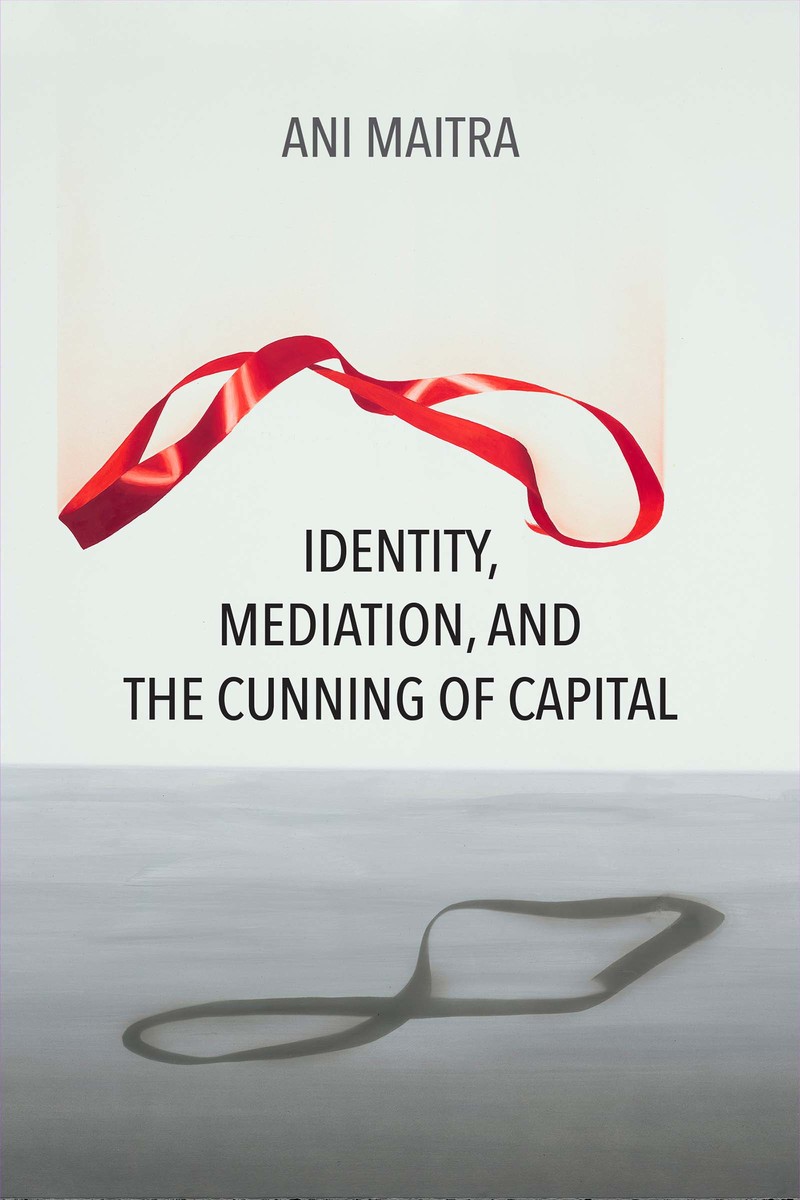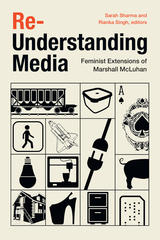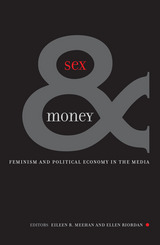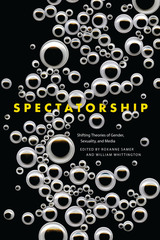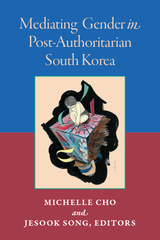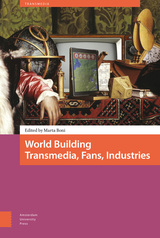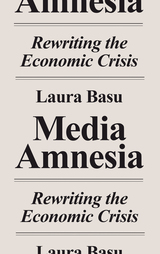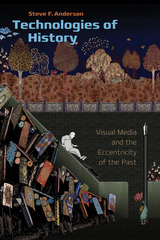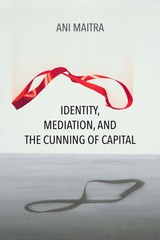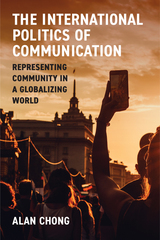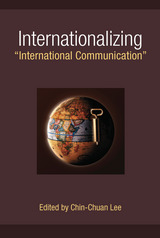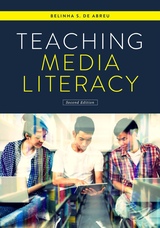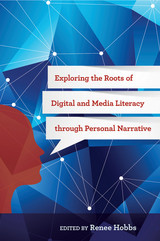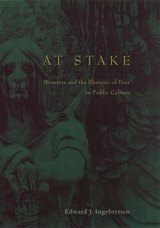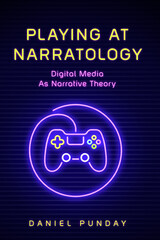Identity, Mediation, and the Cunning of Capital
Northwestern University Press, 2020
Cloth: 978-0-8101-4180-3 | Paper: 978-0-8101-4179-7 | eISBN: 978-0-8101-4181-0
Library of Congress Classification P96.I34M35 2020
Dewey Decimal Classification 302.23
Cloth: 978-0-8101-4180-3 | Paper: 978-0-8101-4179-7 | eISBN: 978-0-8101-4181-0
Library of Congress Classification P96.I34M35 2020
Dewey Decimal Classification 302.23
ABOUT THIS BOOK | AUTHOR BIOGRAPHY | REVIEWS | TOC | REQUEST ACCESSIBLE FILE
ABOUT THIS BOOK
In Identity, Mediation, and the Cunning of Capital, Ani Maitra urgently calls for a reevaluation of identity politics as an aesthetic maneuver regulated by capitalism. A dominant critical trend in the humanities, Maitra argues, is to dismiss or embrace identity through the formal properties of a privileged aesthetic medium such as literature, cinema, or even the performative body. In contrast, he demonstrates that identity politics becomes unavoidably real and material only because the minoritized subject is split between multiple sites of mediation—visual, linguistic, and sonic—while remaining firmly tethered to capitalism’s hierarchical logic of value production. Only in the interstices of media can we track the aesthetic conversion of identitarian difference into value, marked by the inequities of race, class, gender, and sexuality.
Maitra’s archive is transnational and multimodal. Moving from anticolonial polemics to psychoanalysis to diasporic experimental literature to postcolonial feminist and queer media, he lays bare the cunning by which capitalism produces and fragments identity through an intermedial “aesthetic dissonance” with the commodity form. Maitra’s novel contribution to theories of identity and to the concept of mediation will interest a wide range of scholars in media studies, critical race and postcolonial studies, and critical aesthetics.
Maitra’s archive is transnational and multimodal. Moving from anticolonial polemics to psychoanalysis to diasporic experimental literature to postcolonial feminist and queer media, he lays bare the cunning by which capitalism produces and fragments identity through an intermedial “aesthetic dissonance” with the commodity form. Maitra’s novel contribution to theories of identity and to the concept of mediation will interest a wide range of scholars in media studies, critical race and postcolonial studies, and critical aesthetics.
See other books on: Capital | Comparative Literature | Identity (Psychology) | Identity politics | Mediation
See other titles from Northwestern University Press
